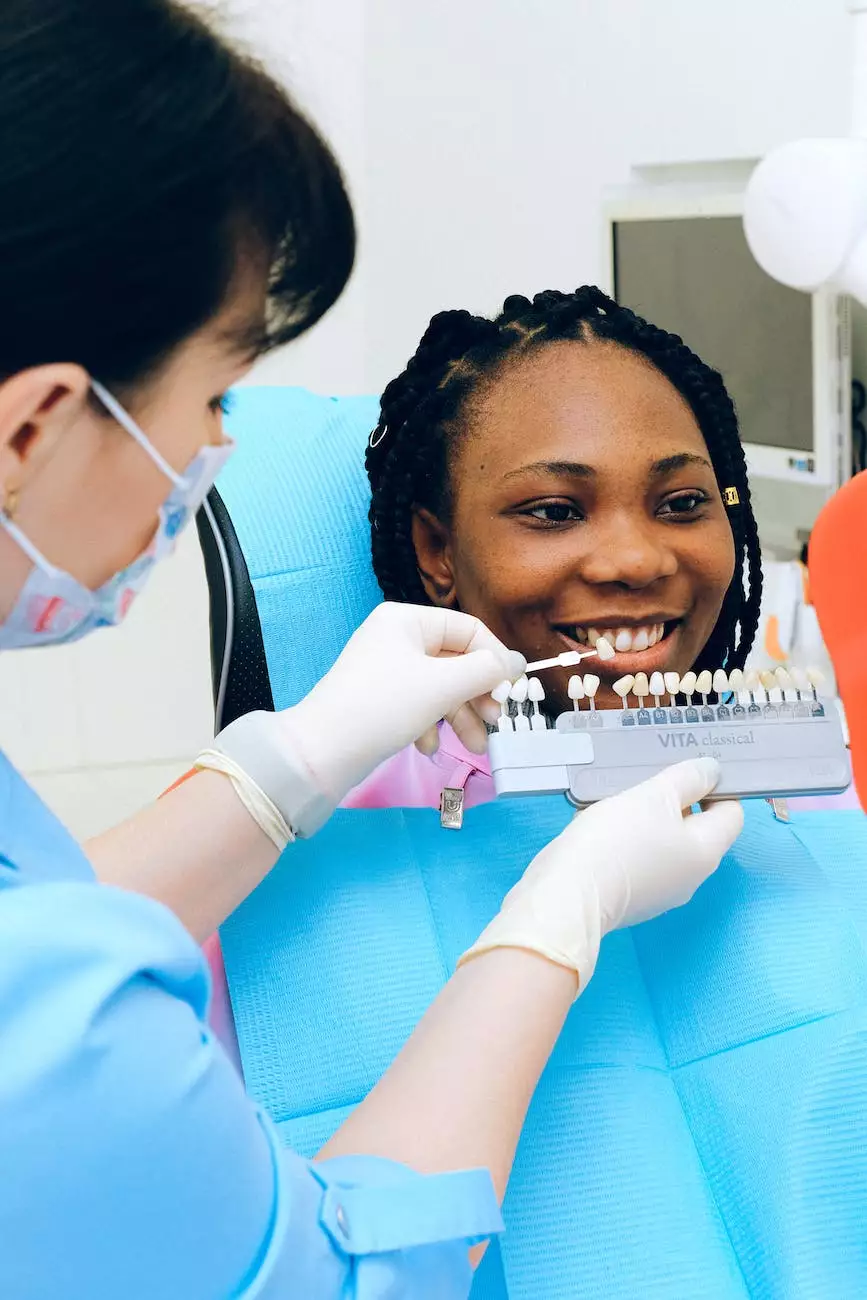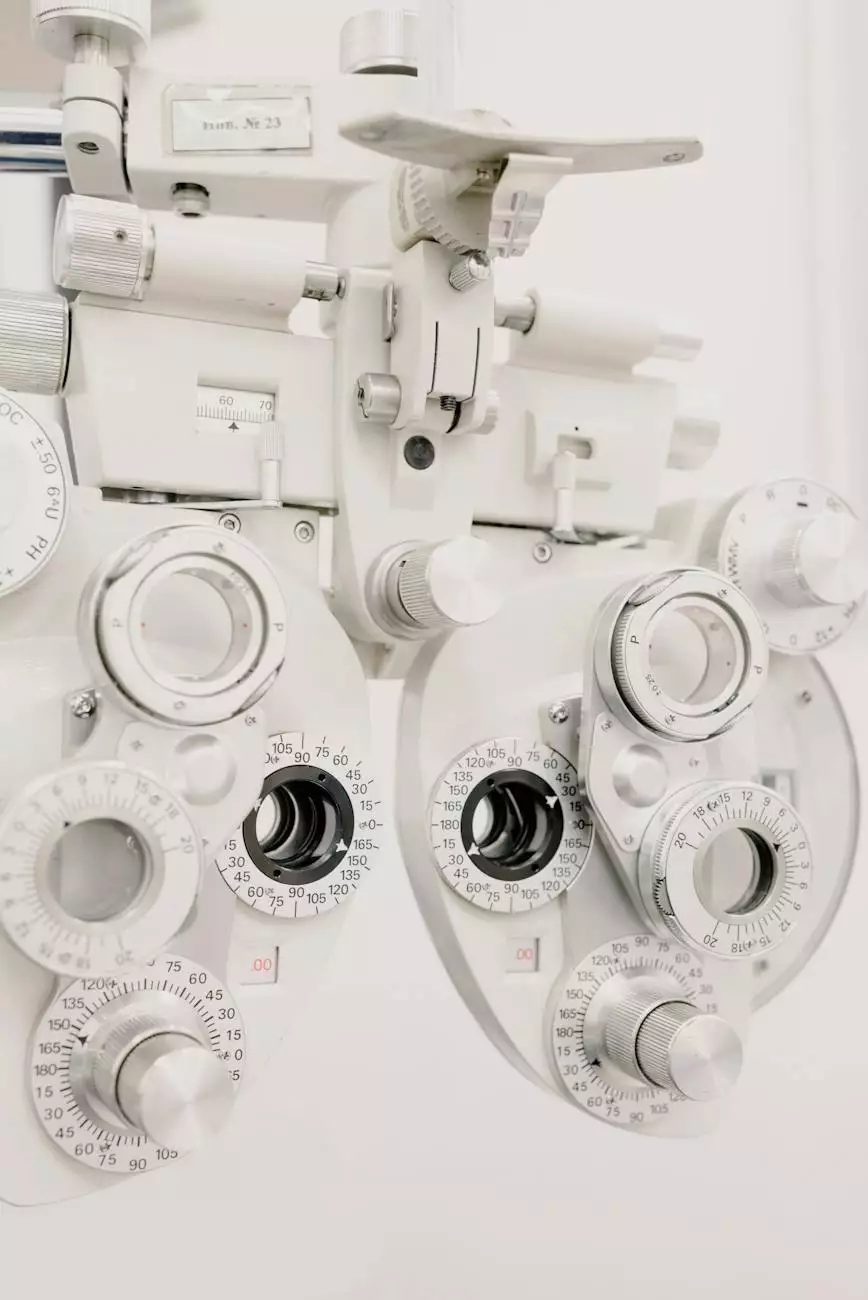Welcome to Benjamin Shettell, MD - Fusion Healthcare Redding
Blog
9 Potential Causes of Chronic Hives
Chronic hives, also known as chronic urticaria, are raised, itchy red bumps on the skin that persist for more than six weeks. While the exact cause of chronic hives may be difficult to determine, there are several potential factors that can trigger or contribute to this condition. Understanding these causes is important in managing, treating, and preventing chronic hives effectively.
1. Allergies
Allergies, especially to certain foods, medications, or insect bites, can trigger chronic hives. Common culprits include nuts, shellfish, antibiotics, and certain dyes. It is important to identify and eliminate these allergens from your diet or environment to reduce the occurrence of hives.
2. Autoimmune Disorders
Autoimmune disorders such as lupus, thyroid diseases, and rheumatoid arthritis can cause chronic hives. In these conditions, the immune system mistakenly attacks normal cells, triggering an allergic response and leading to hives. Proper diagnosis and treatment of the underlying autoimmune disorder is essential in managing chronic hives.
3. Stress and Emotional Factors
Stress, anxiety, and emotional factors can also contribute to chronic hives. When you experience heightened emotional stress, your body releases chemicals that can lead to the development of hives. Managing stress through relaxation techniques, therapy, and lifestyle changes can help reduce the frequency of hives.
4. Infections
Infections, particularly bacterial or viral infections, can trigger chronic hives. Common examples include respiratory infections, urinary tract infections, and viral hepatitis. Treating the underlying infection and maintaining good hygiene practices can assist in relieving chronic hives.
5. Environmental Factors
Exposure to certain environmental factors like extreme temperatures, sunlight, or water can cause chronic hives in susceptible individuals. Protecting your skin from excessive heat or cold, using sunscreen, and avoiding prolonged water exposure can help prevent hives from occurring.
6. Medications
Certain medications, such as nonsteroidal anti-inflammatory drugs (NSAIDs), blood pressure medications, or antibiotics, can trigger hives as a side effect. It is important to inform your healthcare provider about any medications you are taking to determine if they may be contributing to your hives.
7. Hormonal Imbalances
Hormonal imbalances, especially in women, can play a role in the development of chronic hives. Fluctuations in estrogen levels during menstruation, pregnancy, or menopause may contribute to hives. Hormone therapy or other hormonal treatments may be recommended to manage chronic hives associated with these imbalances.
8. Underlying Medical Conditions
Underlying medical conditions, such as liver or kidney disease, cancer, or certain types of thyroid disorders, can be associated with chronic hives. Proper diagnosis, treatment, and management of these conditions are critical in controlling the occurrence of hives.
9. Genetic Factors
Genetic factors can also influence the development of chronic hives. If you have a family history of hives or allergic conditions, you may be more prone to experiencing chronic hives. Understanding your genetic predisposition can help guide your treatment plan.
Comprehensive Care for Chronic Hives at Fusion Healthcare Redding
At Fusion Healthcare Redding, under the expert guidance of Benjamin Shettell, MD, we understand the challenges faced by those affected by chronic hives. We provide detailed evaluations to identify the potential causes of your hives and develop personalized treatment plans to effectively manage your condition.
Our dedicated team offers a range of advanced diagnostic tests, including allergy testing, autoimmune screenings, and comprehensive blood tests, to assess the underlying causes contributing to your chronic hives. With our holistic approach, we address all aspects of your health to provide optimal care and relief.
Take Control of Your Chronic Hives Today
If you are suffering from chronic hives, it's important to seek professional medical care to properly diagnose and manage your condition. Contact Fusion Healthcare Redding today to schedule an appointment with Benjamin Shettell, MD, and take the first step towards achieving long-lasting relief from chronic hives.










